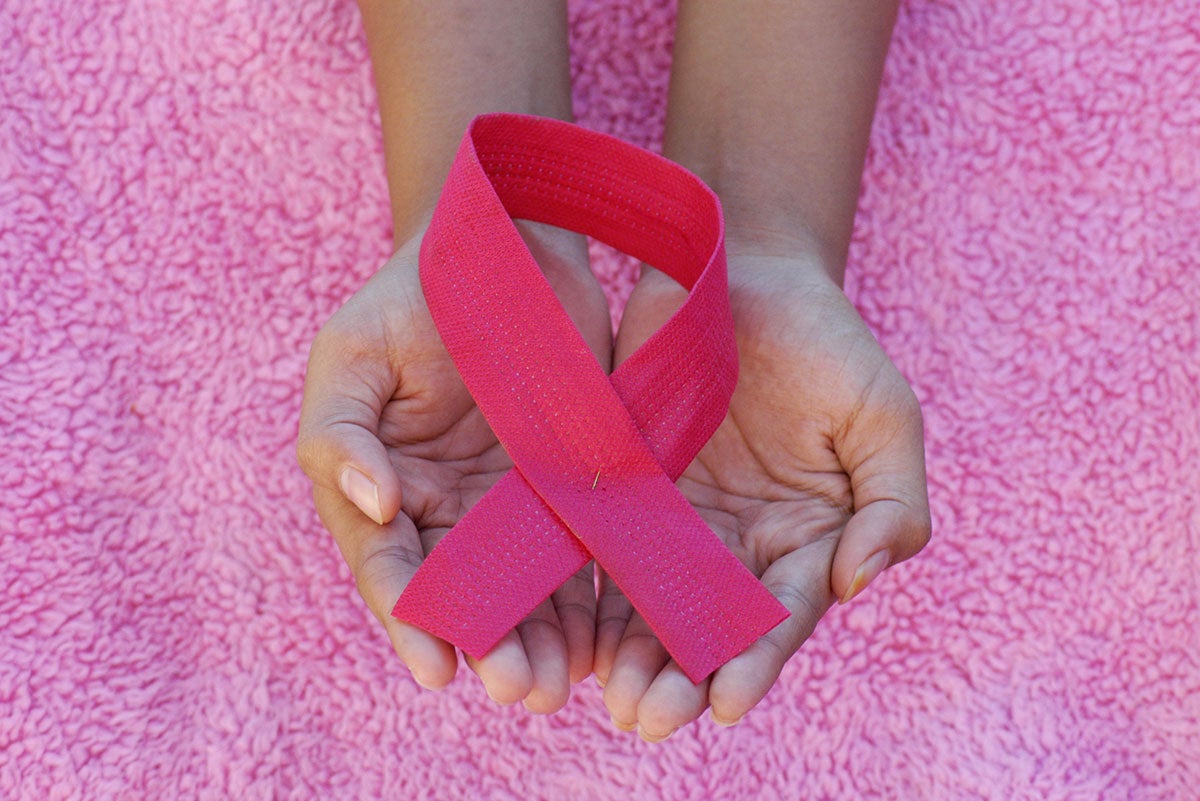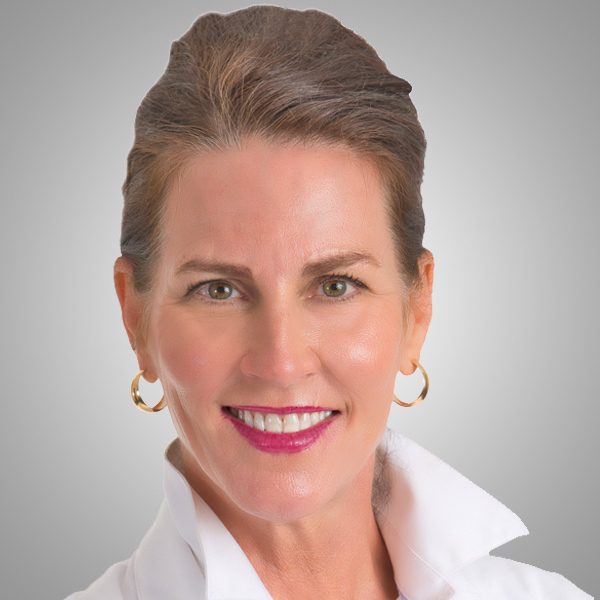Breast Cancer Awareness Month: How to Stay Informed and Reduce Your Risk
October 16, 2022
Categories: Breast Health
Women on average have a 1-in-8 chance of developing breast cancer.
Breast cancer is one of the most common types of cancer in women worldwide. In the United States, it is estimated that around 252,000 new cases of breast cancer will be diagnosed this year. Over the course of a lifetime, women on average have a 1-in-8 chance of developing breast cancer.
Fortunately, there are many ways to reduce your risk of developing breast cancer and to treat it if it arises. Read on to learn more about the disease and how you can take steps toward prevention.
Who is affected by breast cancer?
Breast cancer is cancer that affects the breast and associated tissues and can spread via the lymphatic system. Although it often occurs during middle age, anyone can get it at any age, even men. Risk factors such as family history, genetic mutations, obesity, dense breast tissue and hormonal exposure are known to increase your risk of developing breast cancer. Symptoms may not be apparent at first, so it’s important to get regular screenings and check-ups.
Prevention Strategies for Breast Cancer
Many studies have shown that the risk for developing breast cancer may be reduced by maintaining a healthy weight, getting regular physical activity, and eating a healthy diet rich in fruits, vegetables and whole grains. If you are overweight or obese, the American Society of Clinical Oncology says losing just 5-10% of your body weight can improve your health and reduce your risk of cancer. Studies have also shown that regular exercise may help reduce the risk of developing breast cancer.
Detection and Diagnosis
Many women feel anxious about breast cancer. That anxiety is normal. There are many things you can do to help reduce your anxiety. First and foremost are to get screened and regularly do breast self-exams. Early detection and diagnosis are important to potentially catch it at earlier stages. If detected and treated early, breast cancer has a very high survival rate.
Get a mammogram
Regular screening mammograms are the best way to detect breast cancer early. Mammography can detect tiny cancers long before they grow large enough to feel. Doctors recommend women begin getting yearly mammograms at age 40. However, women with certain risk factors, including personal family history as well as mammographic density, should consider seeking care at a high-risk clinic where they may undergo genetic testing to better understand their level of risk and options for enhanced surveillance.
Check for changes
It is important to examine your breasts once a month. Look and feel for lumps or a change in shape. If you feel a lump or notice another change that is unusual for you, get it checked by a doctor. Please do not put it off! Many women who delay getting checked experience more difficult treatment and worse outcomes.
Get an annual check-up
Establish a relationship with a primary care provider (PCP) you trust, and make a breast exam part of your annual wellness check.
What is the process for getting a suspicious spot checked?
If your screening mammogram shows a suspicious lesion, or if you or your PCP feel a lump, your PCP may refer you for follow-up testing or to a specialist who can be your partner in evaluating an abnormality. This often includes a more detailed mammogram study (called diagnostic mammography) and/or an ultrasound study. At St. Mary’s, we strive to provide you with results before you leave after this follow-up testing. If cancer remains a concern after these tests, you most likely will undergo a biopsy. A biopsy is a minor surgical procedure that removes small samples of tissue from the suspicious area. These samples are examined to see if cancerous cells are present.
St. Mary’s breast health nurse navigators are certified registered nurses specially trained
to guide you through a breast cancer journey.
Creating an Individualized Treatment Plan
After an initial diagnosis of breast cancer, our breast health team works with you to develop a treatment plan individualized to meet your specific needs. We work to help you make plans and cope with every aspect of the journey ahead, including your surgical options, genetic counseling, and forming a treatment team, which will happen at your initial visit with our breast surgeon. In addition to your breast surgeon and certified breast health nurse navigator, this team often includes radiation oncologists, chemotherapy specialists, reconstructive surgeons and more. We understand that the breast cancer journey can create a lot of questions and anxiety. We are here to help you navigate the many decisions you will need to make.
What are my surgical options?
- Lumpectomy: Removes the cancerous tissue as well as surrounding tissue. The goal is to remove cancerous tissue while sparing as much healthy tissue as possible in order to preserve the breast.
- Mastectomy: Removes the entire breast. A double mastectomy removes both breasts.
- Lymph node removal: Removes lymph nodes may be part of your surgical management.
- Reconstructive surgery: An option many women choose is to have a reconstructive surgeon rebuild their breast(s) following mastectomy.
As an adjunct to surgery, woman may receive radiation treatment and/or chemotherapy. Chemotherapy may be given in a pill form, through an intravenous infusion, or both.
Summary
Breast cancer is the second-most-common form of cancer among women in the U.S. Only skin cancer affects more women in our country. Some things women can do to reduce their risk are maintain a healthy weight, minimize alcohol intake, breastfeed, and avoid certain hormonal therapies. Know your family history. Regularly examine your breasts and if you find a lump, have it examined immediately by a doctor. Most importantly, talk to your doctor about when and how often you should get a screening mammogram. Most women age 40 and over should have one every year. If cancer is detected, rely on St. Mary’s breast health team to be by your side.
About Kathleen Jeffery, MD

Dr. Jeffery came to St. Mary's and Athens General and Colorectal Surgeons (AGCS) from Greenwood, S.C., where she served as medical director of the Breast Center at Self Regional Healthcare and as a partner in Advanced Surgical Associates. Previously, she practiced with Summit Surgical in Dahlonega, Ga., and was an assistant professor of surgery with the Medical College of Georgia in Augusta.
Dr. Jeffery is now accepting patient appointments. A referral from a primary care physician may be required under some insurance plans. As part of St. Mary's Medical Group, AGCS accepts most major insurance plans and Medicare. Please contact your insurance provider for more information regarding your specific plan requirements for a specialist referral.
